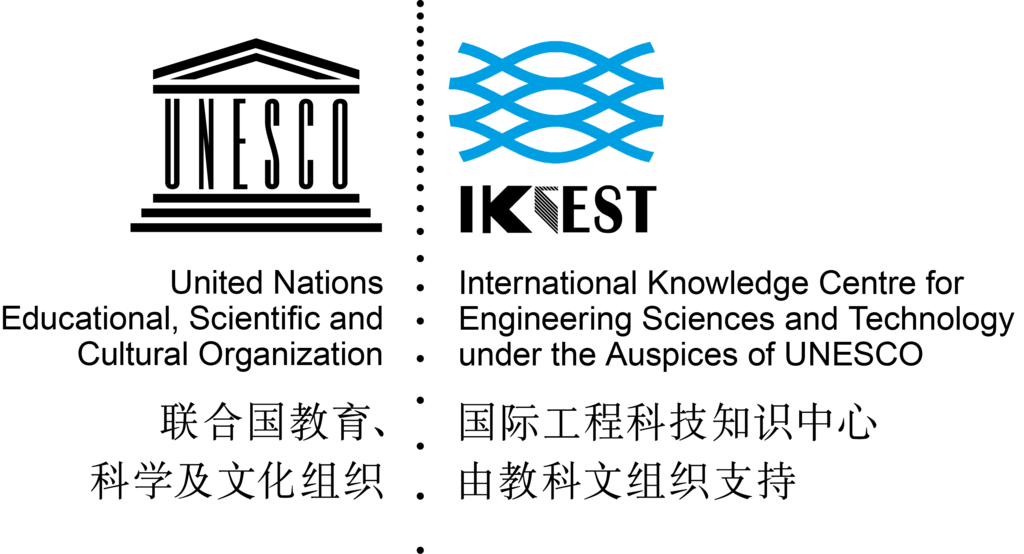Namibia has taken important steps to ensure that its diversity of languages is used in public media, formal education and in the enjoyment of public life. The countries rich linguistic diversity has made it exemplary in balancing cultural diversity and national unity thereby promoting the importance of indigenous and local knowledge systems.
We speak to Dr Sisco Auala – Researcher from the International University of Management (IUM), Namibia
Briefly tell us about yourself and why you have a personal interest in indigenous communities ?
As a Namibian woman, I’m part of a unique African society that has challenges that speak directly to my passions. I’m fascinated by how tourism and its role players can make a positive change in the lives of indigenous people, especially women. I am especially keen to advocate for the preservation of indigenous knowledge systems for sustainable development. Working in the tourism sector for over 20 years has opened my eyes to the crucial role that the tourism sector can play in preserving the ancient traditions of indigenous communities. There is so much to learn from our indigenous communities, so many precious intangible resources that we can pass on to the next generation, this is why I want to be involved in the change I want to see. Although I feel that we are not doing enough to help indigenous communities in Namibia to preserve their rich ancient knowledge systems which make up their cultural identity, there are exciting opportunities to be a catalyst for real long-lasting change. Through my current role as a researcher, I feel I can make a positive contribution that benefits indigenous communities in Namibia and the future generations to come.
As we commemorate the past, present and future of native people in Namibia on International Day of the Worlds Indigenous People, what is the work you are currently doing in this area and why is it important?
We are currently working on a Namibian indigenous community Dark Sky Tourism (DST) research project, a collaboration between the International University of Management (IUM) and the University of Namibia (UNAM), funded by the Community Conservation Fund of Namibia (CCF-N).
The research aims to document the Ju/’hoansi San Community’s rich history of indigenous astronomy that could be shared with current and future generations in the form of ancient starlore. The research further aims to explore in depth the perspectives on Dark Sky Tourism development of the rural indigenous Nyae Nyae Conservancy community and how we can use this indigenous knowledge in a responsible way for socio-economic development through tourism.
The research project is important because the indigenous knowledge of astronomy in Namibia is rarely shared and passed on in the modern age, thus at risk of being lost altogether. The Nyae Nyae community is losing their century-long elemental connection to the night skies, a change that threatens their sense of belonging. The study has shown that the indigenous knowledge of astronomy in Namibia can be a harnessed into a valuable resource for the socio-economic upliftment of indigenous communities if developed in a responsible and sustainable manner.
What are the current challenges faced by indigenous people in Namibia?
Indigenous communities in Namibia still experience stigmatisation and are often called marginalised communities. They have suffered exploitation over several centuries and are currently facing significant challenges related to poverty, land insecurity and unemployment. Furthermore, Namibia’s indigenous communities are suffering the loss of their cultural connection to the natural world, for example the steady decline in the richness of the indigenous knowledge of astronomy linked to a cultural understanding of the seasons, food security and the use of traditional calendars is all being lost. This connection needs to be restored before it is too late.
What do you think could and should be done to better promote the preservation of indigenous knowledge systems and practices and how have you managed to help through the work that you are currently doing?
Evidence of the use of tourism to empower indigenous communities and increase the value of indigenous knowledge exists and informs our pursuit as tourism practitioners of a better means to retain priceless indigenous knowledge. Our research indicates that sharing indigenous starlore with travellers could not only help to retain such knowledge, but also contribute to the sustainable development and empowerment of indigenous communities in Namibia, especially in rural areas. Through our research we have learned that indigenous women, (including grandmothers, who took on the mantel of storytellers in their communities) part of their tradition is to share celestial oral history at night around the fire. As part of our recommendation, we encourage women to be trained as tour guides and storytellers of the ancient starlore of the Ju/’hoansi San community.
Do you think Namibians have an interest and appreciation in indigenous knowledge systems, and how do we apply them in our day-to-day lives?
My sense is that, in Namibia we still have a long way to go with regards to the appreciation of indigenous knowledge systems (IKS). Namibia as a nation is faced with significant contemporary challenges, ranging from the economic fallout in the aftermath of the Covid-19 pandemic and the subsequent socio-economic and societal challenges that have arisen across indigenous communities in Namibia. IKS is not currently a priority for Namibians, largely because we have not given it value and recognition. The Namibian youth need jobs, high-quality education and affordable and reliable health services. If IKS can contribute to the sustainable development of Namibia, I think all Namibians will be encouraged to participate in the preservation of this rich resource which makes up our cultural identity.
How is the digital era shaping and influencing the lifestyle of indigenous people?
Working in the field with indigenous communities, I have seen their ability to adapt in the digital world. They are eager to learn and move forward with the current times. Most of the indigenous communities I have worked with have had access to smart phones and are sharing digital data and videos. However, there is a need to protect their privacy, as information on the risks involved in using technology and social media is not always shared and could lead to exploitation.
Dr Sisco Auala
“The indigenous knowledge of astronomy provides new opportunities for indigenous women to participate in Dark Sky Tourism (DST) development as storytellers and interpreters. The research further informs policymakers of the importance of protecting the night skies and our indigenous astronomy knowledge in order to shape and protect a valuable resource for sustainable development.”








 User Center
User Center My Training Class
My Training Class Feedback
Feedback












Comments
Something to say?
Login or Sign up for free